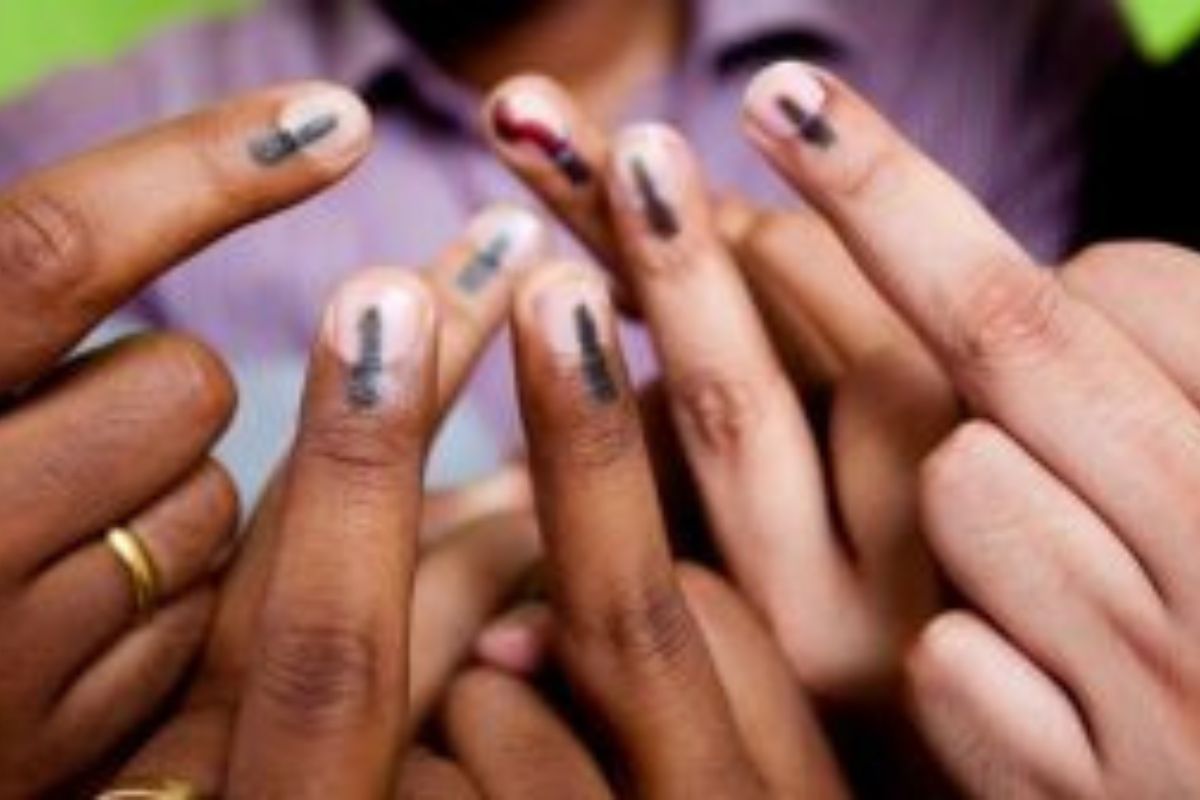The southern State of Karnataka is preparing for the upcoming Lok Sabha elections, a momentous event. It will unfold in 28 constituencies over two phases on April 26 and May 7. The ruling Congress and the BJP-JD(S) are in a fierce battle. Past elections have left an indelible mark on Karnataka’s political landscape, and this election has the potential to do the same, marking a pivotal moment in the state’s history. The election is a high-stakes contest between the Congress and the Bharatiya Janata Party-Janata Dal (Secular) alliance.
While it is symbolic for BJP’s re-entry, the Congress aims for a significant win, targeting 20 out of 28 seats. The Modi-led NDA is eyeing a clean sweep. The election’s outcome carries significant implications, potentially shaping the future of ministers and their families. More importantly, it has the power to shape the lives of the people of Karnataka directly, influencing the policies and governance that will impact them. The polls hold significant stakes for all three parties. The BJP is striving to snatch Karnataka, a key part of its strategy to consolidate its regional power.
Advertisement
On the other hand, Congress is fighting to safeguard the future of its government. The JD(S) views this election as a battle for survival. The BJP’s campaign centres around Prime Minister Modi and his decade of achievements while highlighting the Congress’s perceived failures. It is also promoting its pan-India agenda. On the other hand, the Congress is focusing on leading among SCs, STs, and Muslims. It has implemented five essential poll guarantees to address specific issues or concerns of the region’s voters, demonstrating its commitment to their welfare. The BJP is trying to win the support of the Lingayats and Vokkaligas, two influential communities in Karnataka politics.
The Lingayats are influential in northern Karnataka, while the Vokkaligas have more control over the Old Mysore regions. Congress, a centrist-left party, is focusing on getting votes from Scheduled Castes (SCs), Scheduled Tribes (STs), and Muslims. SCs and STs live throughout the State, with a higher concentration in the Kalyana-Karnataka region. With its rich political history, Karnataka has been a stronghold of the Congress party for many years, even when other states did not support it. This historical significance is evident from the victories of Indira Gandhi and Sonia Gandhi, who both won seats in Karnataka. It has produced influential leaders such as Veerendra Patil, Devaraj Urs, and R Gundu Rao who have shaped Indian politics. To win Karnataka voters, the Congress government implemented five key poll guarantees that were promised last year.
These promises, made during the election campaign, were designed to address specific concerns of voters. They included initiatives such as free bus rides for women, increased funding for education, and job creation. The BJP faces this election based on Modi’s ten years of achievement. The PM has toured the State several times and campaigned for BJP candidates. The party has also kept former chief minister Yediyurappa on its side by humouring him.
Three pre-poll surveys predict conflicting results for Karnataka’s upcoming elections. Edina predicts Congress will win 17 seats, and the BJP-JDS alliance will bag 11. News 18 forecasts NDA will win 25 seats, Congress only 3. India Today Group predicts NDA will win 24 seats with a 53 per cent vote share. The INDIA alliance is expected to secure only four seats with a 42 per cent vote share. The BJP and Congress are taking every step in Karnataka to win maximum seats. This is a strategic shift from the 2019 polls when Congress and JD(S) were allies. The BJP’s move aims to secure the Vokkaliga vote in Old Mysore and tilt the election in its favour.
The BJP has fielded a top cardiologist, a member of the Mysuru royal family, and an ex-chief Minister among its candidates. The Congress has many ministers’ relatives, and these candidates can impact the result. It has taken a risk by fielding family members of mighty politicians, thus playing into the narrative of dynastic politics. Rebel candidates from both parties could upset the overall outcome. For instance, senior leaders like former chief Minister Veerappa Moily needed to be given the seats they sought.
The 2024 election is crucial for both parties. Since the BJP formed its first government in 2008, the toppling game has been ongoing, with money playing a significant role in luring legislators to shift loyalties. The voters must decide whether to vote for the Congress, as they did in the Assembly polls, or promote the BJP, which previously ruled the State. Undoubtedly, the disenchanted people who previously voted for the BJP might prefer the Congress, but the BJP has its own set of loyalists.











